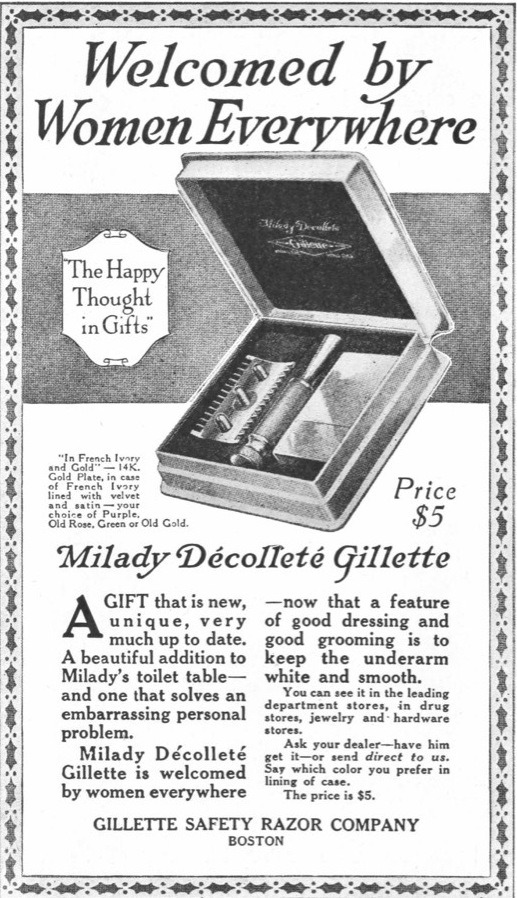
JanuHairy – Breaking Free of Body Hair Social Norms
By Lisa J. Bunin PhD, January 27, 2024
CEO, BraLisa
Fed-up with the social norms that oblige women to routinely remove their body hair, a group of women in the UK declared January – JanuHAIRY month. Their group, Body Gossip, formed to in 2019 to empower women to let their hair grow by setting aside their razors, depilatories, hair removal creams, and laser, wax, thread, and electrolysis treatments. They wanted women to experience what it’s like to let their hair grow for a day, a week, the month or more – without shame. The invitation was for women to take control of their bodies by breaking free of the social norms that reinforce expectations of hairlessness.
We all know how challenging it is for us to keep our body hair at bay, whether it’s under our arms, on our face, our legs or pubic area. And it can be easier or harder for women, depending on the color, coarseness, thickness, and curl of their hair. Yet for all women, hair removal is time consuming, costly, and just plain annoying.

So, who do we have to thank for entrenching this hairless social norm? Gillette Razor company. As the roaring twenties ushered in the new fashion of shorter hemlines and shorter sleeves, it publicly exposed women’s leg and underarm hair. This provided the ideal context for Gillette to introduce Milady Decoletté – a discrete and elegant 14k gold plated, razor, packaged in a velvet and satin lined box for the beauty-discerning woman.
To aggressively market the razor, Gillette launched a major ad campaign reassuring women that Milady would eradicate the “embarrassing personal problem” of women’s body hair. With Milady’s help, women could be fashionable, hair-free, and beautiful. Tinged with sexism, racism, and classism, Gillette’s ad campaign touted their razor as “a feature of good dressing and good grooming to keep underarms white and smooth.”
Fast-forward to 2024, and publicly exposed body hair on women is still a shameful taboo. Some surveys estimate that upwards of 95% of the women in the U.S., Australia, and England still regularly remove their body hair. Gillette continues to reap substantial profit, along with the other companies that comprise the global billion-dollar women’s, hair removal industry.
But pushback is happening. Women are upping the fight to control their own bodies in many different social arenas. Ditching the social norm of public hairlessness is one of the ways women are taking back control of their bodies. It’s part of a larger body positivity movement that aims to normalize diverse body types, abilities, skin colors, features, markings, piercings, etc. Advocating for the acceptance of body hair on women, no matter where it resides, is a part of the broader struggle to confront social norms that affect women’s everyday lives. It doesn’t mean that all women must end their body hair removal practices; it just means that everyone should have a choice and not be shamed for choosing to keep their hair.

